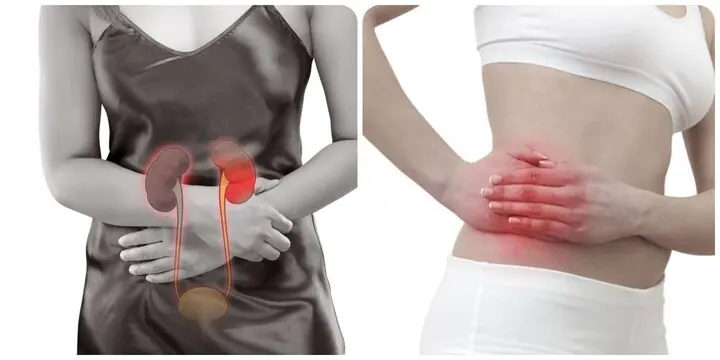
The dark side of protein shakes: Too much protein can silently dam.age your kid.neys
Protein shakes and supplements have become the ultimate wellness trend — from gym-goers to dieters, everyone seems to be adding an extra scoop of whey or collagen to their day. But here’s the uncomfortable truth: too much protein doesn’t make you stronger — it makes your kidneys work overtime.
While protein is essential for building muscles and repairing cells, overloading your body with it every day could quietly be putting your kidneys at risk.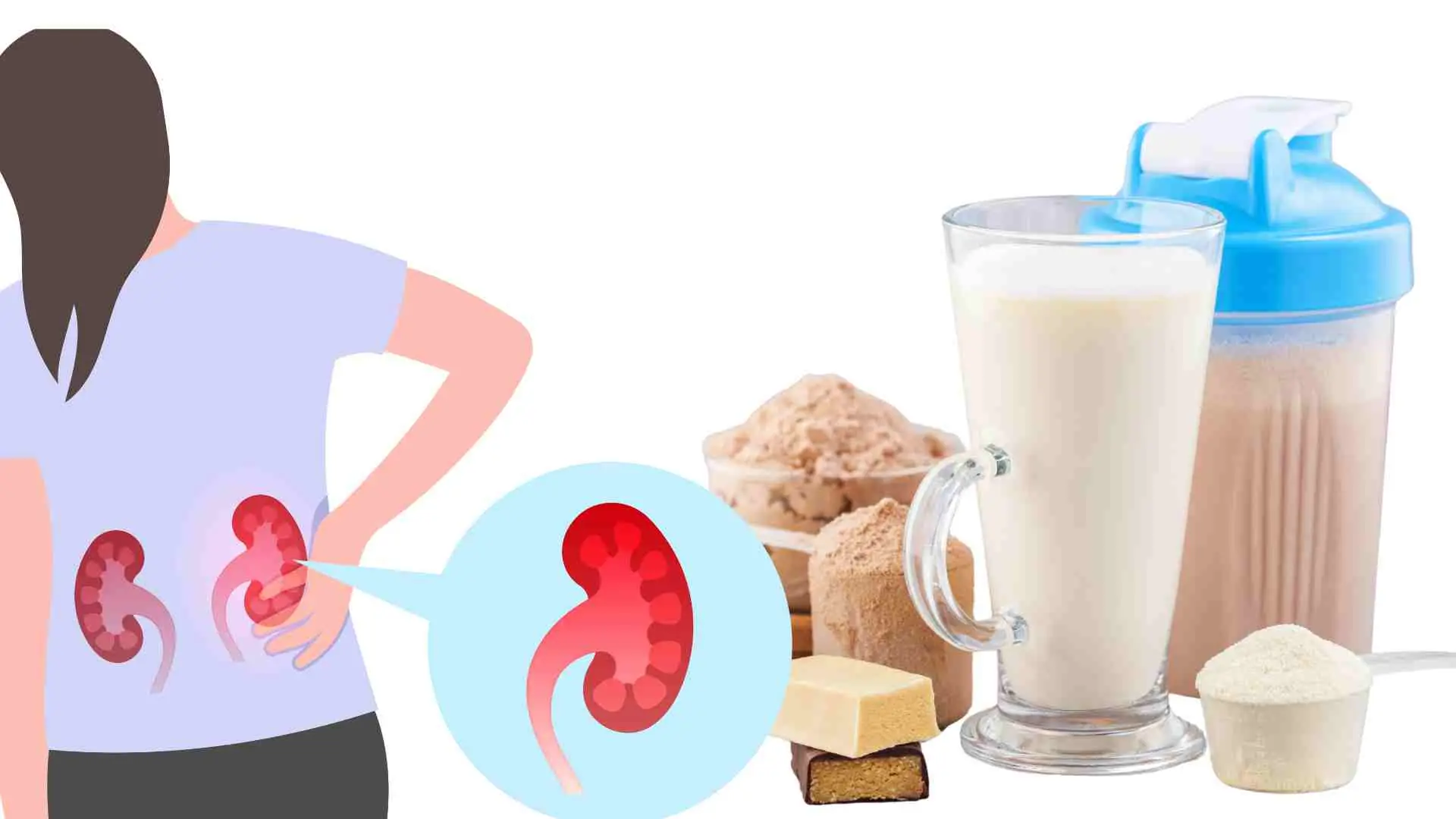
When protein turns from fuel to burden
Every gram of protein you consume must be broken down into amino acids and nitrogen waste. These byproducts are filtered through the kidneys, your body’s natural detox machine.
When protein intake becomes excessive, your kidneys must work harder to eliminate the extra waste. Over time, this constant overdrive can strain the filtration units (glomeruli), leading to reduced kidney function — or even irreversible kidney damage.
According to nephrology experts, long-term high-protein diets increase the glomerular filtration rate (GFR) — the speed at which your kidneys filter blood — which might sound good but actually signals stress on the organs.
Over time, this can contribute to glomerular hyperfiltration, a condition linked to the early stages of chronic kidney disease (CKD).
Why people with diabetes or hypertension face higher risk
If you already have diabetes or high blood pressure, your kidneys are likely under stress. High-protein diets can double the rate of kidney function decline in these individuals compared to healthy people.
Protein metabolites raise the pressure inside the kidney’s filtering units, damaging delicate capillaries and accelerating kidney wear-and-tear.
As nephrologist Dr. Elaine Wong explains:
“People often think eating more protein helps their kidneys ‘get stronger,’ but the opposite is true. When your kidneys are already vulnerable, overconsumption of protein can lead to long-term structural damage.”
Protein: essential, but not unlimited
Let’s be clear — protein itself isn’t the enemy. It’s one of the body’s building blocks, necessary for muscle repair, hormone regulation, and enzyme production.
But the key lies in balance. For most adults, a daily intake of 0.8–1 gram of protein per kilogram of body weight is sufficient. Athletes or people who train intensively may need slightly more, but rarely beyond 1.6–2 grams per kilogram.
Consuming two or three protein shakes a day — on top of regular meals — can easily push your intake far above healthy levels.
Signs your kidneys may be under strain
If you frequently experience these symptoms, it might be time to recheck your protein habits:
-
Persistent fatigue or weakness
-
Swelling in hands, feet, or around the eyes
-
Foamy urine (a sign of excess protein loss)
-
Back pain or discomfort near the lower ribs
-
Increased thirst and frequent urination
These could indicate early signs of kidney overload or decreased filtering capacity.
How to protect your kidneys — without giving up protein

✅ Keep your diet balanced: Include carbs and healthy fats along with protein to reduce strain on the kidneys.
✅ Stay hydrated: Water helps flush out nitrogen waste and supports kidney function.
✅ Choose natural sources: Opt for lean meats, eggs, tofu, beans, and lentils instead of highly processed protein powders.
✅ Moderate supplements: If you’re using whey protein, limit it to 1 serving per day — and only on training days.
✅ Get regular check-ups: People who train intensely or consume high-protein diets should test kidney function (creatinine, BUN, eGFR) every 6–12 months.
The bottom line
Protein fuels your muscles — but your kidneys pay the price if you overdo it.
A balanced diet, proper hydration, and moderation in supplements can help you build strength without breaking your kidneys.
News in the same category


Should you replace cooking oil with coconut oil? The truth might surprise you

A legacy of health: Soong Mei-ling – longevity and fight against can.cer

6 Health Benefits of Sleeping In a Cold Room and How to Make it Cooler- And Why You May Not Want to Use a Fan

What Happens To Your Body When You Drink Ginger Tea Every Day?

Why Coffee Is Called the Secret Anti-Aging Weapon for Women

What Really Happens to Your Body When You Skip Dinner for a Month

What those strange skin patterns might really mean

Do you know anyone with this mark on their ear? See what it means

What really happens when you eat eggs every day

How proper breathing can instantly reduce stre.ss
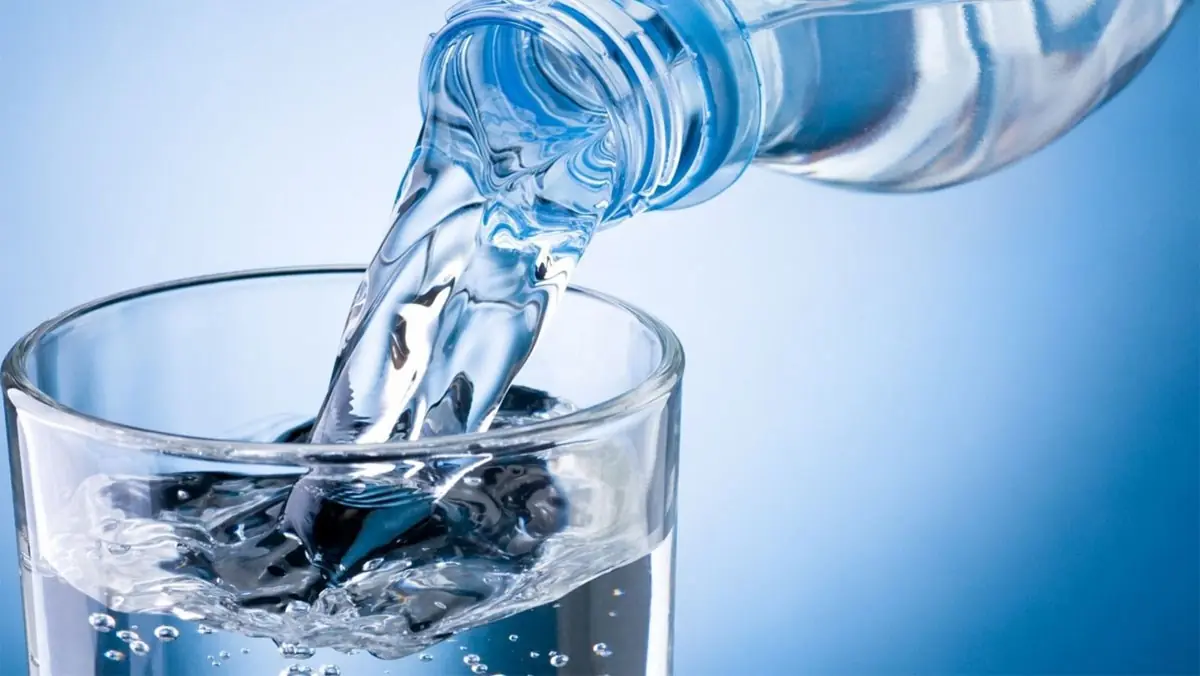
How much water should you drink to protect your kid.neys and control uric ac.id?

Here’s What Really Happens When You Sleep with Socks On

The Heroic WWI Homing Pigeons That Saved Countless Lives

The Time You Eat Breakfast Could Reveal Your Health — and Even Your Lifespan

Soaking Fish in Rice Water: A Simple Trick to Make Fish Tastier and Twice as Nutritious
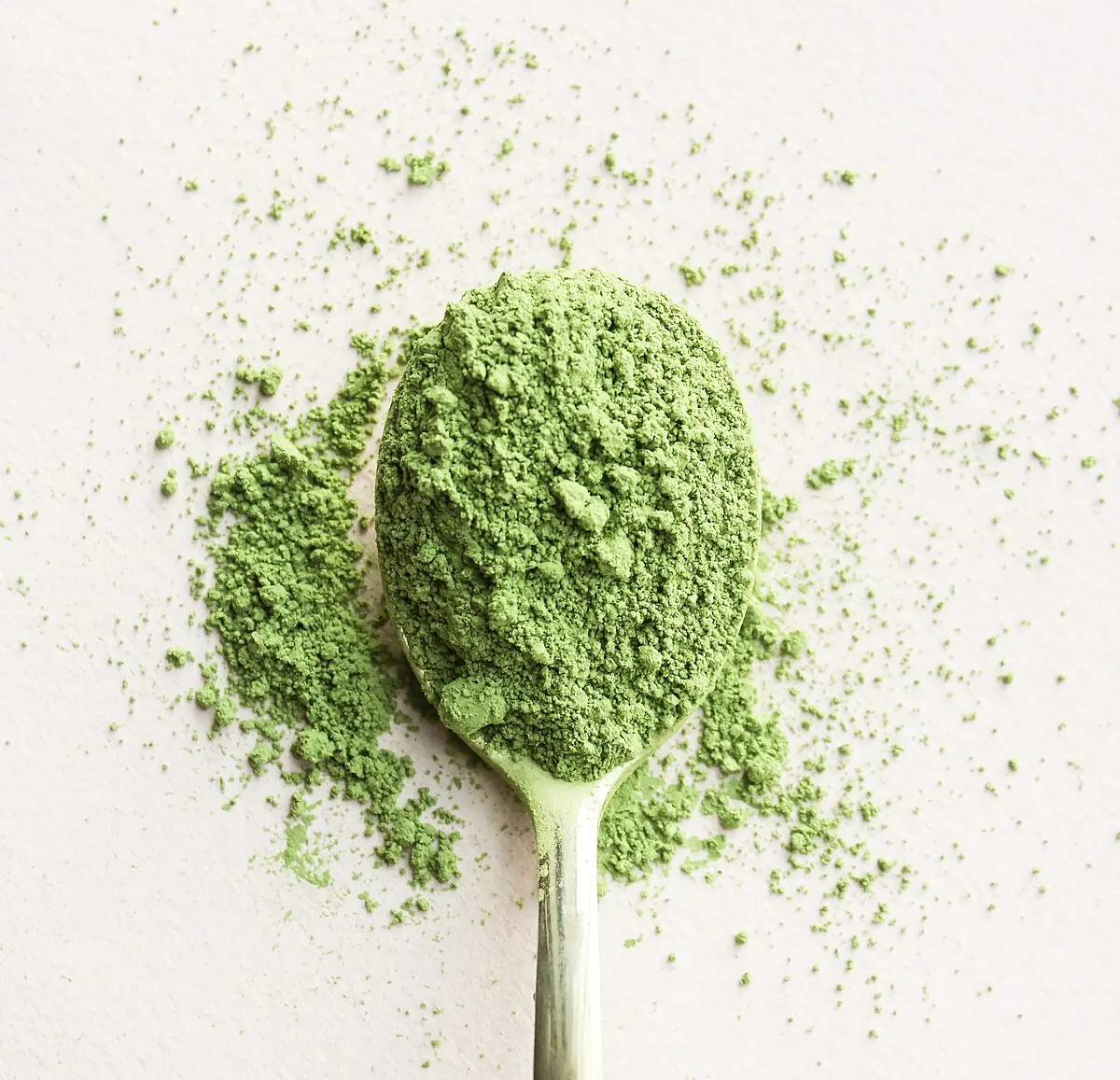
What Happens When You Drink Matcha Every Day?

When someone in the family passes away, never throw away these 4 things at their funeral

Why foreigners rarely use phone cases? Turns out it's because of this reason
News Post

The sick son of wealthy parents married a simple girl, and she took him to the countryside. After six months, the parents barely recognized their son

7 warn.ing signs your body is begging for a detox

6 glow-boosting foods that make your skin look younger from the inside out

Should you really eat an egg every day? Here’s what science says about cholesterol

7 lifestyle changes that can transform your heart health

The humble superfood: why cabbage is a hidden hero for people with diabet.es

5 powerful drinks that boost your energy better than coffee
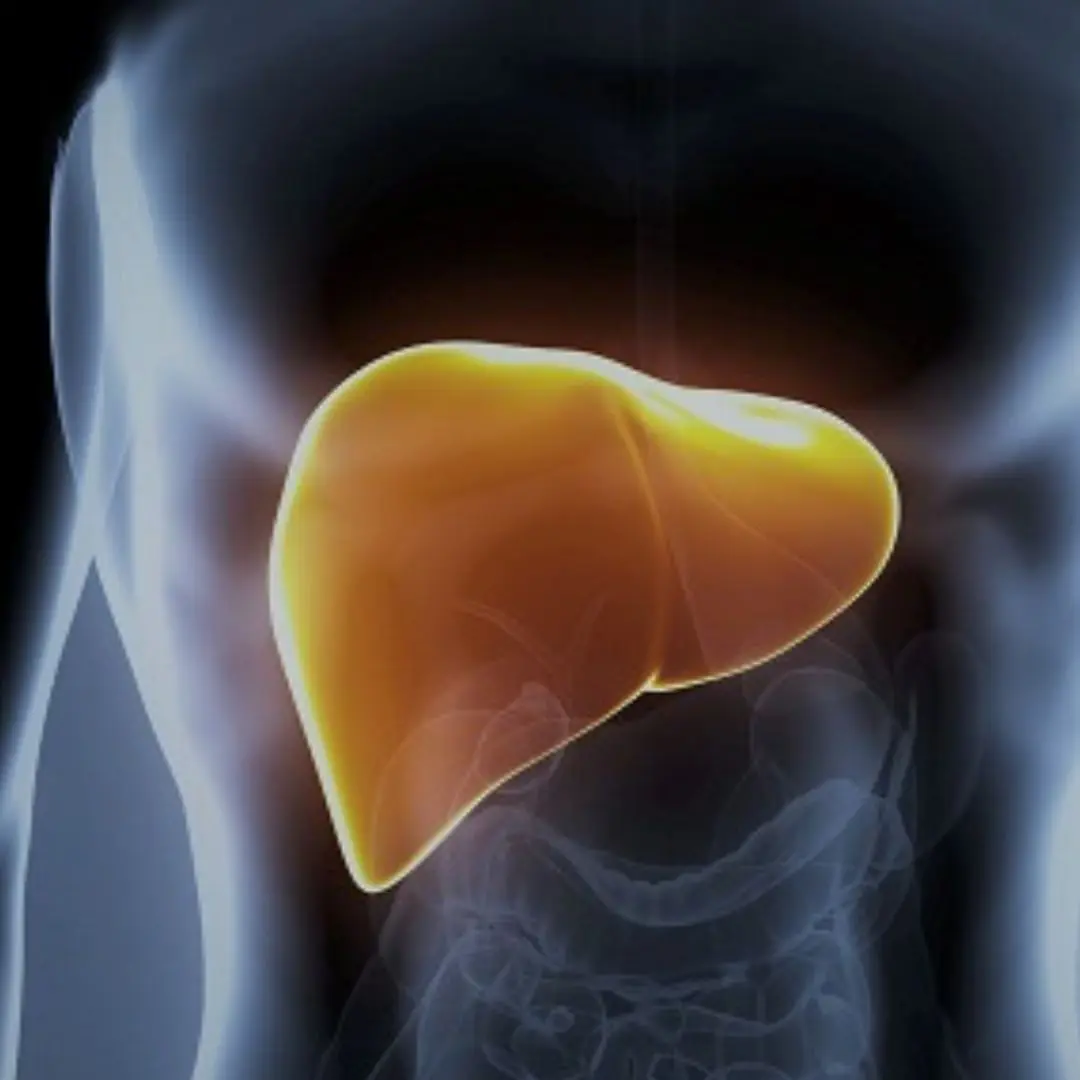
Science backs it up: 3 fruits that fight fatty liver, regulate sugar and cholesterol

The bedtime drink doctors say can improve your sleep and protect your kid.neys

9 surprising health benefits of black grapes you probably didn’t know
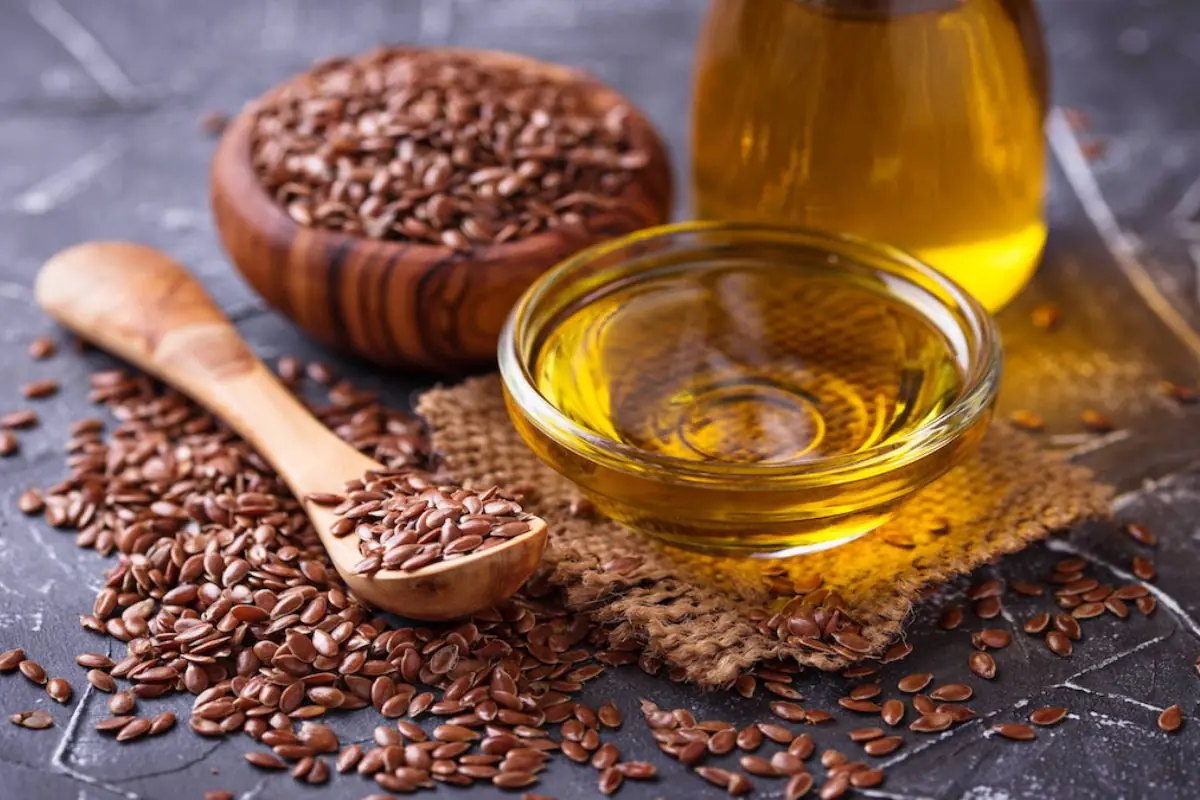
Are seed oils really healthy? Only if you use them like this

Should you replace cooking oil with coconut oil? The truth might surprise you

9 Habits That Can Dramatic.ally Cut Your Ri.sk of Disea.se

If your mouth feels dry at night, here are 8 reasons why

A legacy of health: Soong Mei-ling – longevity and fight against can.cer
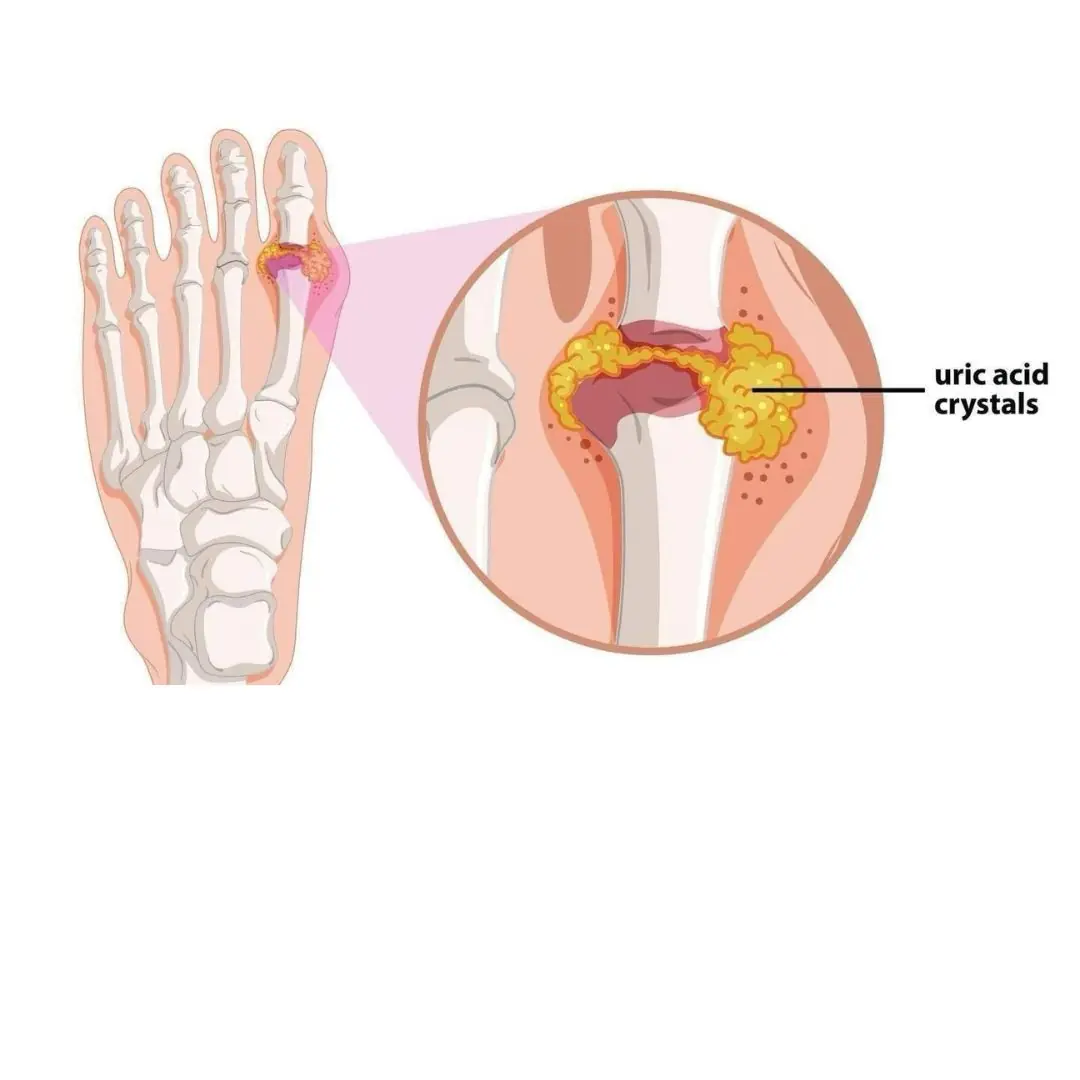
Quick & Easy Ways To Flush Out Uric Acid And Prevent Gout

Boy approaches disabled cat – doesn’t realize the camera is recording his actions

Don’t Be Fooled by the Sweet Taste – 5 Fruits That Can Send Your Blo.od Fat Levels Out of Control!
